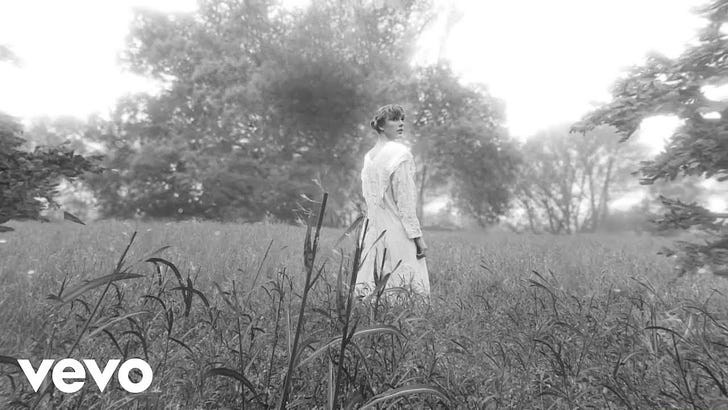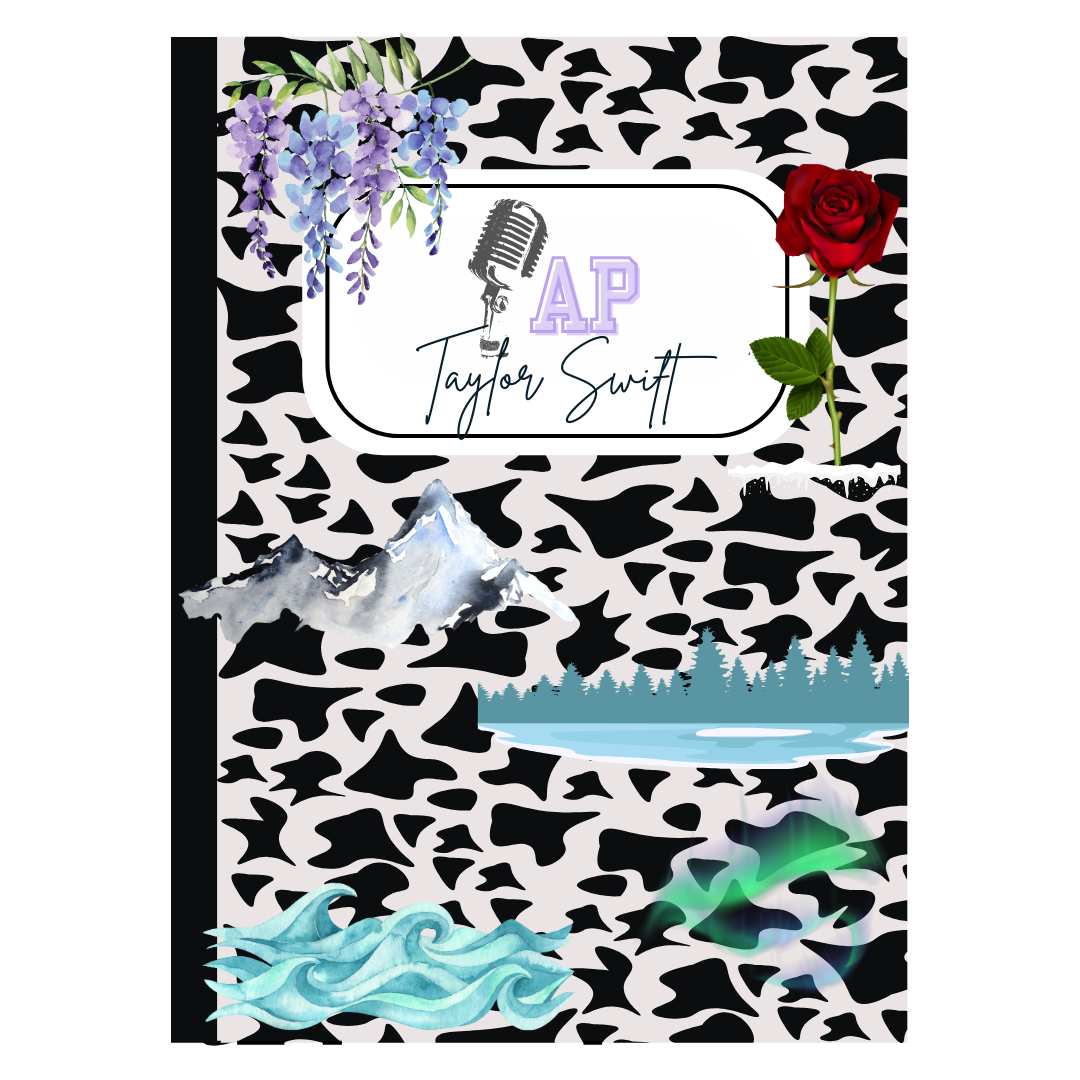What's the Deal with Wisteria and Sad Prose?
We're diving deep into "the lakes" in Epsiode 8 - out now!
Take me to the lakes where all the poets went to die
I don't belong, and my beloved, neither do you
Those Windermere peaks look like a perfect place to cry
I'm setting off, but not without my muse
Be honest, is this the song you add to the background of every naturescape Instagram story that you post? Same. This chorus may be one of Taylor’s most beautifully written, and certainly does a fantastic job of capturing the desire to escape the realities of technology and every day and run to nature. We dive straight into the depths of why Taylor is so effective in our Deep Dive episode this week, especially in the context of Ecocritical theory, in continuation of our last Show & Tell episode.
If last week’s episode didn’t inspire you to listen to the song, check it out below. Then go listen to the episode…please!
A huge and sincere thank you to everyone who listened, rated, and reviewed our podcast! We are overwhelmed and overjoyed by the response, and we appreciate your love and support. (Haven’t reviewed us yet? Go on, we’ll wait!)
This week, we’re doing something special: An Instagram Live! Join us on Instagram this Sunday, October 29th at 8pm ET as we share our live reactions to 1989 (Taylor’s Version).
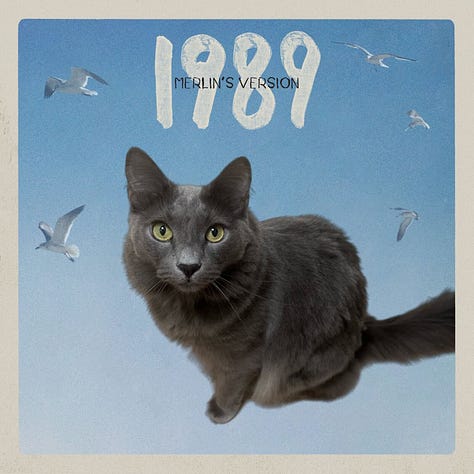
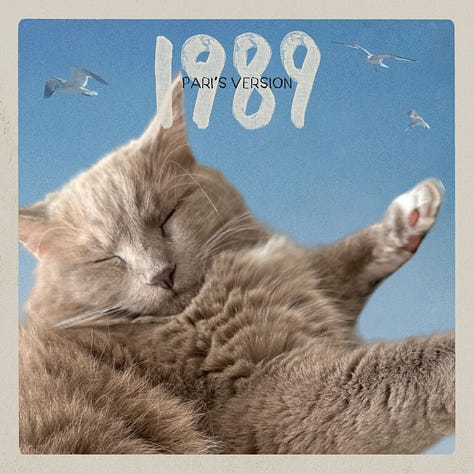
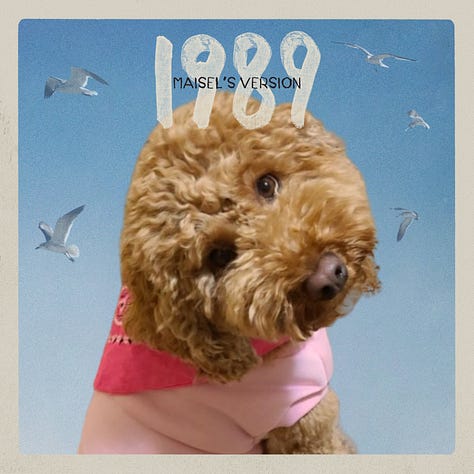
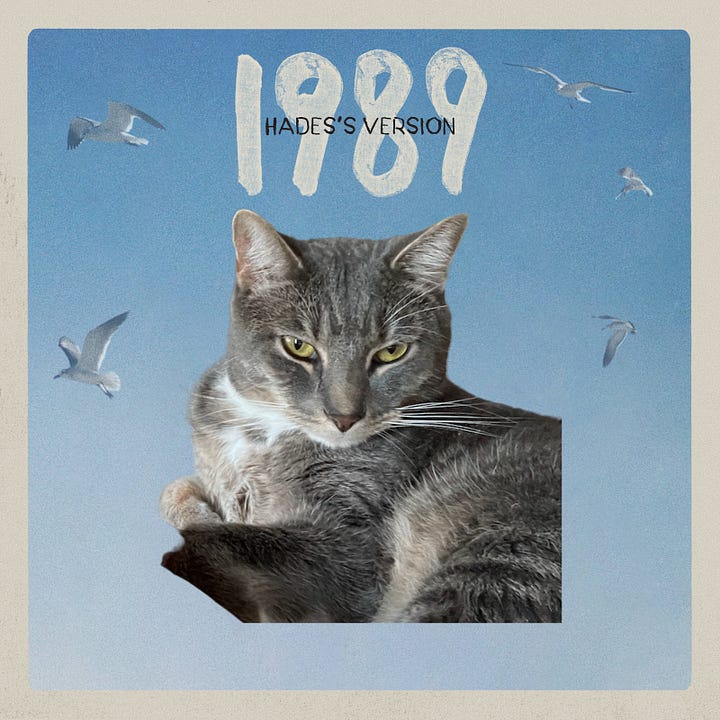
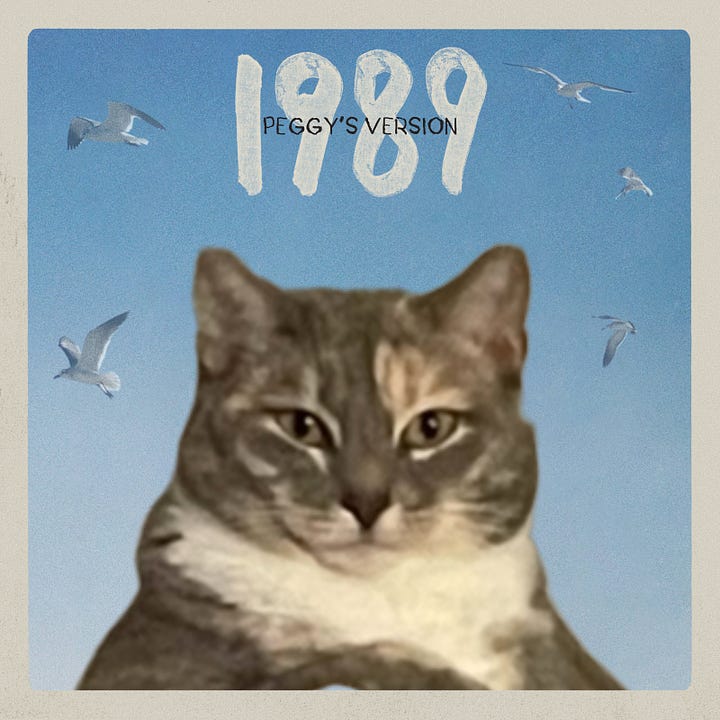
And, if you’re looking to get a little more extra credit…keep reading for a closer look at the song in our latest episode.
This week’s extra credit - brought to you by Maansi
We obviously believe that every one of Taylor’s lyrics hold literary value and deserve to be analyzed - clearly, that’s the whole premise of this podcast. But every so often, you get a song in which she so obviously puts herself in direct conversation with the literary geniuses who came before her, that it’s hard not to get excited about unpacking the lyrics.
“the lakes” is a song that references the Lake Poets, a bunch of English poets (including, most notably, William & Dorothy Wordsworth, Samuel Taylor Coleridge, and Robert Southey), who all lived in the Lake District of England. Many of the Lake Poets wrote Romantic poetry (Taylor also references the Romantics in her song “New Romantics,” soon to be re-released on 1989 (Taylor’s Version)). The first generation of Lake Poets also inspired a second generation, which included Shelley and Keats, who would go to the Lakes to seek inspiration for their own poetry. Many of the Lake Poets are also buried in the Lake District, and therefore quite literally went to die there (“Take me to the lakes where all the poets went to die”). Taylor spent some time in the Lake District herself, and we know from her songs like this one and “Last Great American Dynasty” that she takes great pride in the history of the spaces she stays in, especially when they come with a good story.
In this episode, we all agree that this song could be potentially referring to several different life experiences, but ultimately represents some sort of tiredness and fatigue of the real world, and desire to escape to the Lakes to be with nature. There are elements of the lyrics that make us believe that not only is the speaker eager to escape to this famously inspirational spot, but that she is also hyper-aware of the fact that unlike most of the Lake Poets, she is female, and going to the Lakes could mean experiencing it slightly differently than those before her.
If Taylor is a poet, then this song is her poem and I want to focus a bit on some fun literary elements she uses throughout her own poem, because a good poem deserves to be read closely and analyzed. A few key themes I want to call out:
Word choice - We know Taylor thinks through every word in every one of her lyrics carefully, and this song is no exception. She uses the word “romantic” in the very first line of this song. Romantic is a word with two meanings. The adjective describes something that is hinting at an ideal, but as I mentioned above, romantic, the noun, also referred to an art movement in which artists turned to nature for inspiration. Later on she says “tell me what are my words worth,” in a direct reference to William Wordsworth.
Is it romantic how all my elegies eulogize me? I'm not cut out for all these cynical clones These hunters with cell phones
Alliteration - “elegies eulogize,” “perfect place to cry,” and “watch wisteria grow” are all examples of alliteration and this song is full of them! These alliterations allow Taylor to play with sound and rhythm and make this song feel more poetic.
Nature imagery - We get into the meaning of flowers and some of the nature imagery in the episode, but whether it’s the floral imagery, the “Windermere peaks” or auroras, Taylor takes the listener on a journey, so that you can visualize the nature clearly.
This song is packed full of meaning and comes to life in new ways, especially when looked through an Ecocritical lens. We go through individual verses (which I use interchangeably with stanzas) in the episode, and dig more thoroughly into what some of the individual lines mean. Be sure to tune in to dive into “the lakes” with us for a more detailed analysis!

